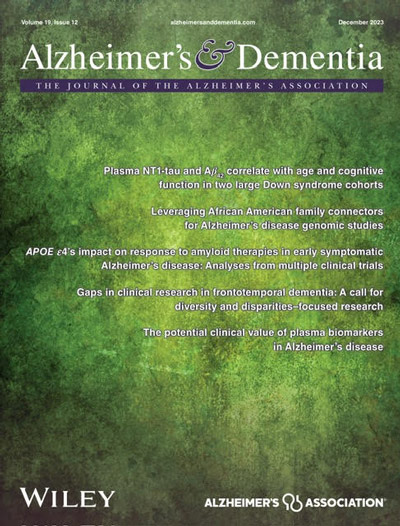Complexity of developing a nationwide model for a dementia registry in Egypt: A qualitative study
Abstract
INTRODUCTION
The increased interest in evidence-based medicine has led to the emergence of disease registries worldwide to help tackle the impact of chronic diseases. A national dementia registry in Egypt would provide a valuable source of patient data that will significantly advance the disease management strategies, quality of patient care, and impact health policy- and decision making.
METHODS
This study investigates the complexity of creating a disease registry for dementia in Egypt by interviewing 24 experts to provide recommendations for the most appropriate registry model to be developed.
RESULTS
Several core themes emerged from the analysis discussing many points that should direct the creation of any registry in Egypt in terms of functionality, planning, comprehension, governance, ethics, and challenges to avoid.
DISCUSSION
Developing such a dataset is beneficial to the Egyptian health-care system, which makes the investment worthwhile. Support and collaborative work from all stakeholders, along with suitable funding, are essential elements of the proper implementation of the project.
Highlights
- Building a dementia registry is essential to progress research in understudied populations
- Qualitative analysis of 24 experts interviews provided insightful plan for dementia registry
- Core domains to address include: functionality, planning, comprehension, governance, ethics, and challenges to avoid.


 求助内容:
求助内容: 应助结果提醒方式:
应助结果提醒方式:


